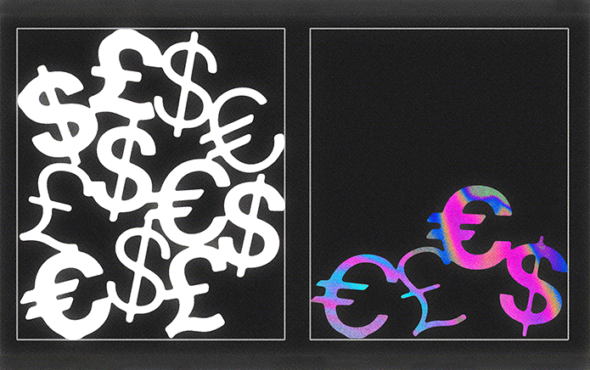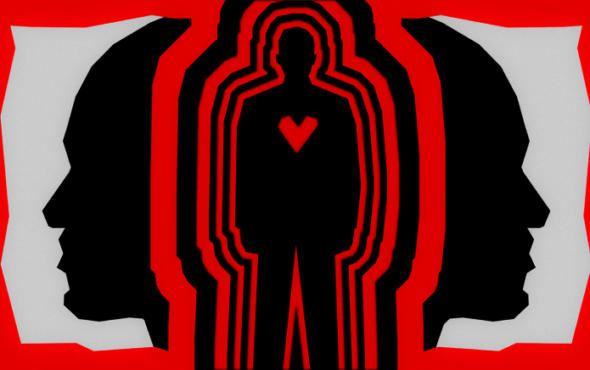
I’m asexual. I don’t experience sexual attraction, and that’s perfectly fine. Who cares, right? It would be reasonable to assume that asexuality only affects whether or not a person has sex. Reasonable, but sadly wrong. The problem is how interweaved sex is with our society’s way of viewing relationships and intimacy. Let me explain.
Picture a romantic relationship. These imaginary partners are very much in love. They fall asleep in each other’s arms, they spend evenings together watching TV, snuggled up so that one person’s head is resting on their partner’s chest listening to their heartbeat. Their relationship has all the hallmarks of a typical romantic partnership.
Now add to the narrative that they don’t have sex. No particular reason, it’s just that neither of them have ever wanted to. Is that difficult to picture? Nothing just described was sexual in any way. It was about love, and physical intimacy. It’s difficult to imagine physical intimacy without sex because society says they can only come together as a package.
This is why asexuality affects my life, and why I’m annoyed about it. It is still difficult to even picture a future for myself where I am in the kind of relationship I want. Even though asexuality is about a lack of sexual attraction, not necessarily a disinterest in love or relationships.
Part of the problem is the assumption of sex in our cultural understanding of relationships. We have romantic conventions that provide a convenient shared idea of what dating a person will look like, even before we get to know them. This is like a culturally-agreed shorthand, and without these shortcuts and shared expectations, figuring out a relationship from scratch can be somewhat overwhelming.
One of these pieces of shared understanding is that sexual attraction is an essential marker of a healthy or viable relationship. We always hear advice that if there’s no “spark” then a potential relationship is probably not to be. Even if everything else is perfect.
Even figuring out what romantic feelings look like when you’re asexual can feel difficult. Most people don’t need to think about it too much because sexual attraction can be a useful barometer. For lots of people, romantic feelings are a glorious fusion of close friendship (i.e. love) and sexual attraction. This makes life slightly confusing for people who never experience sexual attraction.
I don’t need advice. Clearly what is needed if you can’t fall back on romantic conventions with your partner is lots of frank conversations where you forge what you want the relationship to look like. This seems like a simple solution. Talking to your partner or crush is always sensible advice, and yet there are always barriers. Maybe it’s fear of rejection, or awkwardness, or maybe you just don’t know what you want. With conversations around asexuality, these may still apply, but with the added difficulty that there aren’t many templates for how to have these conversations because of the lack of nuanced asexual representation.
Happily, there is another side to this coin. The beauty of being asexual is that because your whole existence breaks what others assume to be the “rules” of romantic relationships, you are forced to create new ones that are bespoke to you. There is a necessity to have that radical conversation with your partner, that while sometimes uncomfortable, results in a stronger relationship that is better for the very reason it’s uncomfortable; it doesn’t rely on other people’s scaffolds for what a relationship should look like. It’s what you want it to be.
Iona volunteers as an ambassador for Just Like Us, the LGBTQIA+ young people’s charity. LGBTQIA+ and aged 18 to 25? Sign up here!



